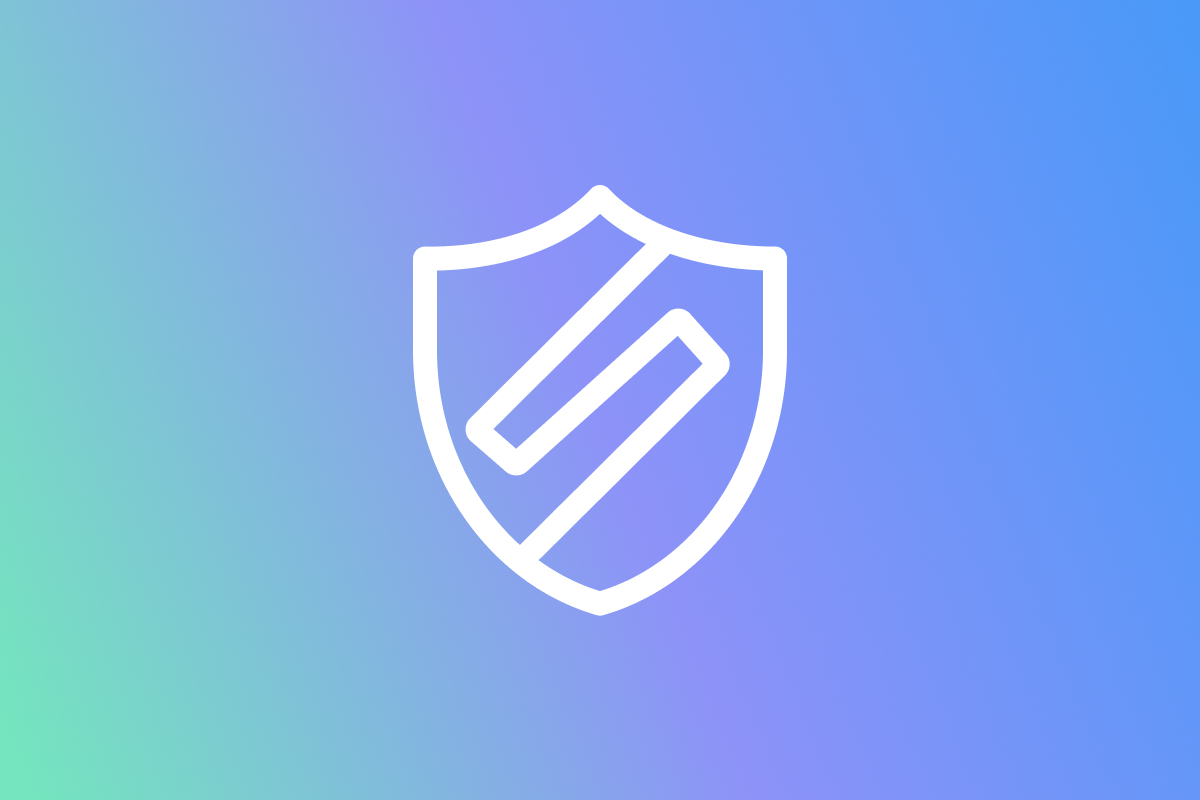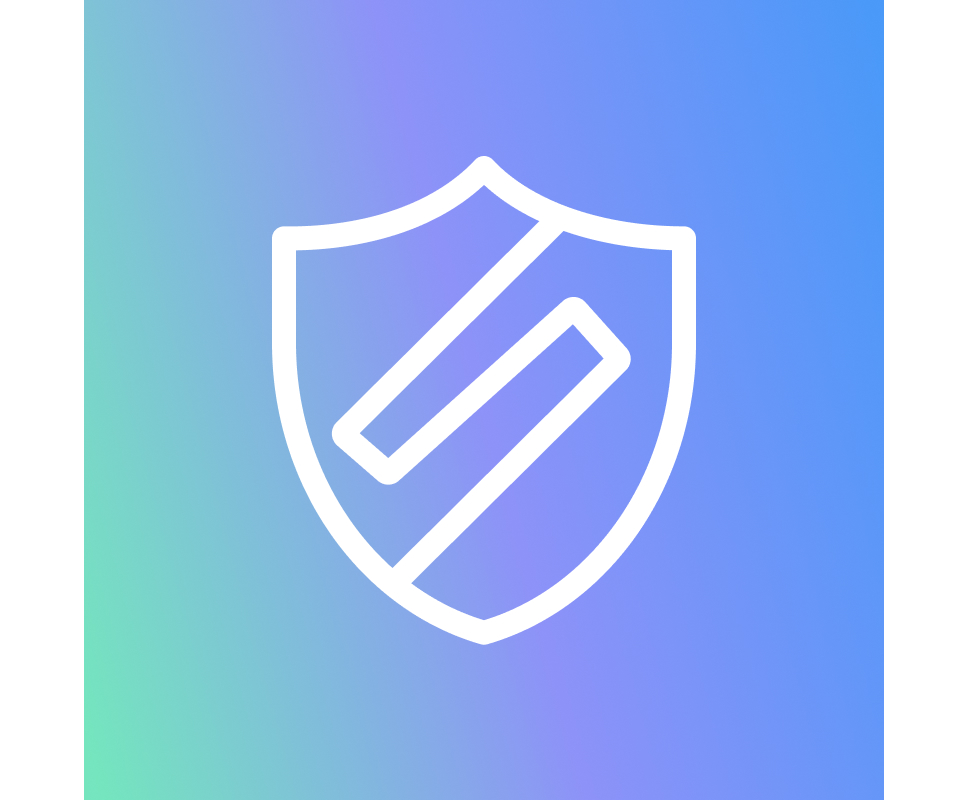Cyber hygiene, as the analogy implies, is similar to personal hygiene. It is the information security equivalent of a simple routine that minimizes your online vulnerability. The general idea is that the bits and pieces of your online data are like your teeth; the better care you take of them regularly, the better shape they maintain. As such, not practicing good cyber hygiene is like forgetting to floss. You open yourself up to attack, only cavities of the cyber variety are much more devastating. To help you construct your own routine, here are four cyber hygiene habits of security experts that all users should employ to ensure their online activity doesn’t make them unnecessarily vulnerable to cybercrime.
1) Password Protocol & Protection
It’s true that the lengthier and more complicated the password, the more difficult it is for others to guess. Experts recommend random combinations of numbers, letters and special characters that in no way resemble the names or birthdays, phone numbers or addresses of yourself or anyone close to you. Default passwords like “Password1” are also off the table, as are the names of pets. Your password should not only be unique but different for every site you use so that a breach of your gym’s membership site doesn’t leave a trail of cyber breadcrumbs to your online banking account. These password protocols sound great in theory, but the problem is that you have to remember all of these passwords. If you are being thorough in your cyber hygiene, you are also changing passwords as regularly as you change your bed sheets, which makes tracking passwords an exercise in futility. It’s no wonder that in 2016, the most common password was 123456. However, a password like this only adds up to disaster. Practicing good cyber hygiene may require the use of password-manager services. Dashlane, LastPass and the aptly named Password123 are just a few of many services that remember your complex passwords for you while you only have to recall one master password. Multi-factor identification, a process that asks users to provide a second form of identification like the recognition of a symbol or logo, or a code texted to their phone, also increases your level of password security.
2) Systems & Software Updates
Those persistent system update reminders don’t pop up just to annoy you. Many programmers work actively to combat possible threats. Updates often include “patches,” essential revisions or additions to the code that can help protect your device from potential harm and, if implemented in a timely fashion, can thwart an attack. In fact, according to the NSA, 80 percent of cyber attacks are preventable. Since cybercrime is largely perpetrated by “unsophisticated cyber-attackers,” this most basic form of cyber hygiene, updating computer systems, software and utilizing patches, is one of the most effective defenses.
3) Identity Protection
Though there are several steps that you can take to prevent the compromise of your personal data, there is no such thing as 100 percent safe. If you use the internet at any point, in any way, you become susceptible to identity theft. It can happen to anyone. To better ensure that you are covered in the event of an attack on your identity, you will need to some outside help. Protection providers like Lifelock can come to the rescue if a hacker breaches your best defensive efforts. LifeLock’s Million Dollar Protection™ Package provides protection, support and even employs a team of lawyers and experts to help resolve identity theft issues.
4) Connect Via a VPN
Lastly, if you can’t find a secure connection to access the internet, create your own. Most operating systems allow the option to connect through a Virtual Private Network (VPN), a private, controlled network that connects you to the world wide web. Your device, whether it be a laptop, phone or tablet acts as if it is on the public network wherever you are, only the connection with your VPN’s server is encrypted. Connecting with a VPN allows you to browse the wider internet through this smaller, secure network. It obscures your browsing habits from your ISP (internet service provider) by generating an endless stream of logs showing you connecting to the VPN server. This means you can shield your identifiable information, enjoy private browsing and access region-restricted websites away from the prying eyes of public Wi-Fi. It is a big, dirty virtual world out there, but that doesn’t mean you and your identity must be dragged through the mud. Improve your person cyber hygiene with these tips and you’ll keep your personal data untouched and squeaky clean.

